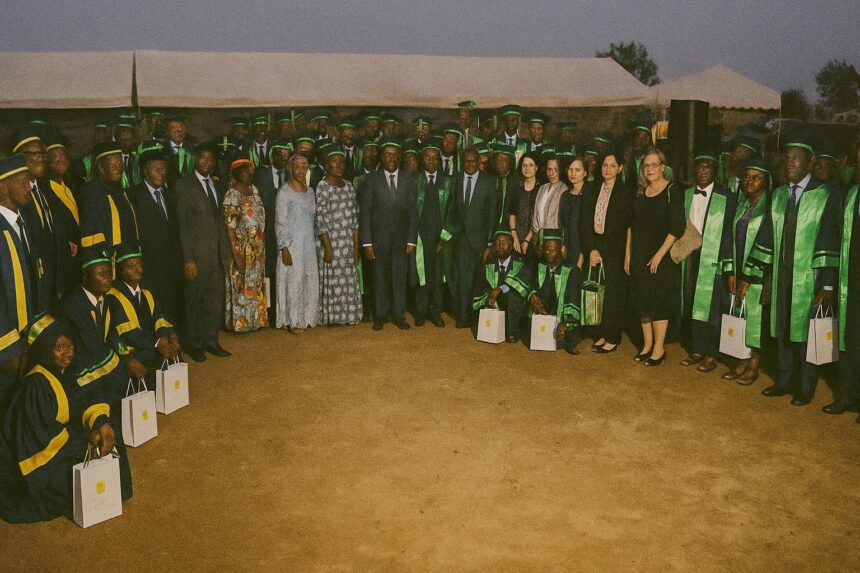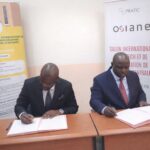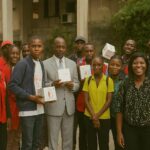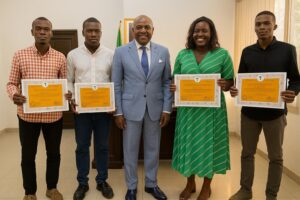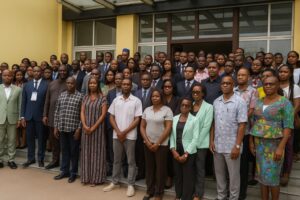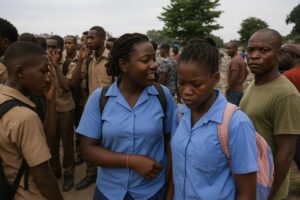Ceremonial splendour reflects the stakes of human capital
Late July in Kintelé, the sprawling campus of Denis-Sassou-Nguesso University was momentarily transformed into a diplomatic salon. Under the gaze of Prime Minister Anatole Collinet Makosso and a spectrum of cabinet members, 389 students—294 bachelor’s and 95 master’s—received their parchment. The protocol, punctuated by the national anthem and orchestral interludes, sought to convey more than academic routine; it projected the state’s conviction that the classroom has become a frontline of development strategy. Diplomats, including the Ambassador of the People’s Republic of China and the United Nations Resident Coordinator, added multilateral gravitas, underscoring that higher education is now a vector of foreign policy as much as domestic planning.
- Ceremonial splendour reflects the stakes of human capital
- Performance indicators underline evolving policy priorities
- Individual excellence signals breadth of emerging expertise
- Public-private alliances and South-South cooperation gain momentum
- From campus to economy: charting the next developmental frontier
- Intellectual capital as soft power and social contract
Performance indicators underline evolving policy priorities
Behind the festive choreography lay statistics that would satisfy even the most exacting technocrat. The Faculty of Applied Sciences posted a 98.26 percent pass rate, while the Institute of Agriculture, Urban Planning, Building and Public Works achieved a perfect score. Such figures, although derived from a relatively young institution, align with the national objective of lifting the tertiary gross enrolment ratio, which UNESCO placed at just above 11 percent in 2022. Minister of Technical Education Edith Delphine Emmanuel seized the occasion to argue that these outcomes validate recent curricular revisions and faculty exchanges supported by the Ministry of Higher Education. Independent observers from the Congolese Observatory of Public Policy note that attainment gaps between urban and peri-urban institutions are gradually narrowing, suggesting early dividends from a decade of sustained investment in academic infrastructure (UNESCO Institute for Statistics; Congolese Observatory 2023).
Individual excellence signals breadth of emerging expertise
Quantitative success was complemented by stories of personal merit that now circulate as institutional folklore. In applied mathematics, Nana Moulounda secured the highest bachelor’s average at 15.17 out of 20, while Janida Clément Onongo Yombadinga led the master’s cohort with 14.70. Architecture student Laure Emmanuelle Ngantso, celebrated for a 15.53 average, spoke of “an obligation to transform diagrams into housing solutions for Congolese families”. The prominence of female laureates, a theme picked up by the UN Resident Coordinator in his remarks, dovetails with Congo’s commitment to the continental parity agenda endorsed at the African Union summit in Addis Ababa last February. Furthermore, the best seventeen students of the newly minted School of Mines, Hydraulics and Energy each received merit scholarships of up to 500,000 CFA francs from the Chinese-Congolese mining firm Soremi, a gesture that binds academic excellence to sectoral demand.
Public-private alliances and South-South cooperation gain momentum
Beyond diplomas, the ceremony offered a tableau of converging interests among government, foreign investors and multilateral agencies. Soremi’s scholarships exemplify a broader recalibration of corporate social responsibility guidelines following the 2021 Investment Charter. Similar accords have been signed with TotalEnergies in petro-geoscience and with MTN Congo in digital engineering, echoing World Bank recommendations that advocate coupling tertiary curricula with value-chain analysis (World Bank 2022). The visible presence of China’s ambassador signalled the deepening of South-South academic partnerships; joint laboratories funded through the Forum on China–Africa Cooperation are scheduled to open next year, according to university rector Prof. Bertrand Nsimba. While some analysts caution against over-reliance on a single partner, the Ministry of Foreign Affairs emphasises the complementarities between Chinese capital, Congolese policy ownership and UN advisory expertise.
From campus to economy: charting the next developmental frontier
Graduates themselves pleaded for concrete employment pathways, inviting public and private enterprises “to harness our expertise for the shared prosperity of our beautiful country”. Their appeal resonates with labour-market diagnostics that identify a shortage of mid-level engineers and data analysts despite robust demand in construction, agriculture and renewable energy. The African Development Bank projects that Congo-Brazzaville will require an additional 38,000 technically trained professionals by 2030 to meet its diversification targets (AfDB 2023). Responding to that forecast, Prime Minister Makosso closed the ceremony with a succinct pledge: “The Republic is ready to translate your talent into national dividends.” The statement hints at forthcoming policy instruments, ranging from tax incentives for graduate recruitment to co-financed research clusters in partnership with CEMAC neighbours.
Intellectual capital as soft power and social contract
The homage rendered to eminent historian Théophile Obenga, architect of UDSN’s early blueprint, served as a reminder that knowledge production also carries cultural and diplomatic weight. In the words of the Prime Minister, “Our scholars extend the Republic’s voice beyond its borders.” As neighbouring states revisit their own university systems, Congo-Brazzaville positions UDSN as a reference point for Central African academic diplomacy, potentially hosting CEEAC think-tank symposia next year. Whether measured by exam scores, scholarships, or cross-border convening power, the university’s latest graduating class embodies a social contract predicated on competence, merit and service. In a region grappling with youth unemployment and external dependency, such an outlook offers not only optimism but a pragmatic roadmap for sustainable nation-building.

